“At first we were confused. The East thought that we were West, while the West considered us to be East. Some of us misunderstood our place in the clash of currents, so they cried that we belong to neither side, and others that we belong exclusively to one side or the other. But I tell you, Ireneus, we are doomed by fate to be the East in the West and the West in the East, to acknowledge only heavenly Jerusalem beyond us, and here on earth—no one.” —Saint Sava to Saint Ireneus
Today, January 14, we celebrate the feast of Saint Sava of Serbia (1175-1237), uniter of the Serbian people, founder of the Khilandrai Monastery on Mount Athos, and first Archbishop and patron saint of Serbia.
Born Rostivslav, the son of the Serbian king Stephen Nemanya, the future saint was drawn from an early point in childhood to the religious life. As a young boy, he fervently attended church services, and demonstrated a special love for iconography. At the age of 17, following a chance meeting with a monk from Mount Athos, Rostivslav left his family home and entered the monastery at Saint Panteleimon.
Knowing that his father would disapprove of this choice, Rostivslav left home in secret. His father, King Stephen, reacted as his son had predicted, threatening war against the governor of the Greek district if Rostivslav was not returned to him. The king dispatched trusted aids and soldiers to safely return his son to him, and upon their arrival they found him safely embracing the monastic life. That evening, he received the monastic tonsure, taking the name Sava, and rather than accompany his father’s guards home, instead sent his worldly clothes and possessions and a persuasive letter. It was Sava’s hope that his parents, in their worldly power, would embrace monasticism. His father eventually abdicated the throne and joined Sava, taking the monastic name of Simeon.
Together with his father, Saint Sava established the Serbian Hilander monastery on Mount Athos, and then countless more throughout the region. Sava’s mother, Anna, eventually became a nun, taking the name Anastasia. Saint Sava was a model of religious virtue and deed, and was recognized by the leaders of Serbia for his actions. He was consecrated the first Archbishop of Serbia, and successfully petitioned that Serbian bishops be allowed to elect their own Archbishop in the future, ensuring Eastern autonomy at a time of great East-West fighting.
Having been appointed Archbishop, the life of Saint Sava changed dramatically. After a return to the Holy Mountain, he visited each of his monasteries for the last time, blessing them, instructing the religious, and making his farewells with deep remorse. It is said that he left “the Holy Mountain, as if from Paradise.” Later, while trudging along the road from Mount Athos to Thessalonica, he encountered Our Blessed Mother, the Theotokos, who spoke to him in a dream. "Having My Patronage,” Mary, the Mother of God, said to Saint Sava, “why do you remain sorrowful?" Upon awakening, his despondency turned to joy, and he commissioned many icons of the Theotokos in celebration.
The remainder of Saint Sava’s life was spent in service to peace and unity. He worked to solidify the Serbian Church, demonstrating and performing many miracles. He unified the political factions of Serbia, eventually crowing his brother, Radislav, king of the land. He visited churches throughout the region, strengthening orthodoxy, enacting reform, consecrating and establishing holy places, and instituting the monastic rules of Athos on religious communities.
Saint Sava, following a life of constant travel and service, desired nothing more than “to end his days as a wanderer in a foreign land." He set off, alone, on a hermit’s journey, passing through Palestine, Syria, Persia, Babylon, Egypt and Anatolia. Everywhere he went, he was drawn to holy places, collecting holy relics of saints, and meeting the great ascetics. He died peacefully and joyfully in Bulgaria, at the age of 62.
The relics of Saint Sava were translated to the Church of Mileshevo in Serbia, where numerous miracles of healing were reported. Three hundred years later, during invasion, the relics of Saint Sava were burned. However, miracles continued to occur through his intercession. Today, the largest orthodox cathedral it the world, in Belgrade, is dedicated to Saint Sava.
Saint Sava desired a quiet, monastic life—like many of the great ascetics throughout Church history. He wished to remain in solitude, communing with the Lord, and growing deeper in his faith. However, this was not the plan for Saint Sava. Instead, he established monastic communities, traveled considerably, had honors and titles thrust upon him, and brokered peace through involvement not only with family disagreements, but with national political discord. Saint Sava accepted the role that the Lord intended for him with patience and endurance, dedicating himself to the will of the Lord, and service to Our Blessed Mother. The path we are asked to take is frequently not what we would choose or plan for ourselves. From Saint Sava, we can learn how best to follow the Will of God, recognizing that He alone knows what is best for us.
Thou wast a guide to the Way of Life, a first Hierarch and a teacher;
thou didst come and enlighten thy home country, O Sava,
and give it rebirth by the Holy Spirit.
Thou hast planted thy children like olive trees in the spiritual Paradise.
O Equal-to-the-Apostles and Saints, pray to Christ our God to grant us His great mercy.
As the first great hierarch and co-worker with the Apostles,
the Church of thy people magnifies thee;
and since thou hast found favor with Christ,
save us by thy prayers from every calamity,
so that we may proclaim to thee: Rejoice, God-wise Father Sava.
O guide of Orthodoxy and blessed teacher of virtues,
purifier and enlightener of thy homeland,
beauty of monastics,
most wise Father, Holy Sava,
by thy teaching thou didst enlighten thy people,
O flute of the Spirit, pray to Christ God for our souls.
Year 2: Day 14 of 365
Prayer Intentions: Patient and dedicated service to the Lord.
Requested Intentions: Freedom from persecution (A); For a friend struggling with medical problems and surgery (L); Financial blessings (D); For the success of a project (T); Improved financial stability (A); Improved relationship with business partner (A); For employment (N); Reconciliation of a workplace relationship (R); Healing of son, cousin, and friend (L); Healing of a husband from cancer, end to medical problems (T); Freedom from persecution (E); Successful employment (R); Reconciliation of a marriage (M); Successful marriage, employment, healing (J); For a family struggling with a difficult situation (M); For family intentions (I); Reconciliation of a marriage (S); For blessings upon a family (R); Permanent employment (N); Successful employment (M); Healing of a father following stroke (S).
Why pray the Rosary every day for a year?
Each time the Blessed Virgin has appeared-- whether it be to Saint Bernadette Soubirous at Lourdes; to Lucia, Jacinta, and Francisco at Fatima; or to Mariette Beco at Banneux-- she has asserted the importance, saving grace, and power of praying the Holy Rosary on a daily basis. Based upon her words, the Rosary is penance and conversion for sinners, a pathway to peace, an end to war, and a powerful act of faith in Jesus Christ. Pope Paul VI presented the Rosary as a powerful means to reach Christ "not merely with Mary but indeed, insofar as this is possible to us, in the same way as Mary, who is certainly the one who thought about Him more than anyone else has ever done."
To show us how this is done, perhaps no one has been more eloquent than the great Cardinal Newman, who wrote: "The great power of the Rosary consists in the fact that it translates the Creed into Prayer. Of course, the Creed is already in a certain sense a prayer and a great act of homage towards God, but the Rosary brings us to meditate again on the great truth of His life and death, and brings this truth close to our hearts. Even Christians, although they know God, usually fear rather than love Him. The strength of the Rosary lies in the particular manner in which it considers these mysteries, since all our thinking about Christ is intertwined with the thought of His Mother, in the relations between Mother and Son; the Holy Family is presented to us, the home in which God lived His infinite love."
As Mary said at Fatima, "Jesus wants to use you to make Me known and loved. He wishes to establish the devotion to My Immaculate Heart throughout the world. I promise salvation to whoever embraces it; these souls will be dear to God, like flowers put by Me to adorn his throne."

Subscribe to:
Post Comments (Atom)






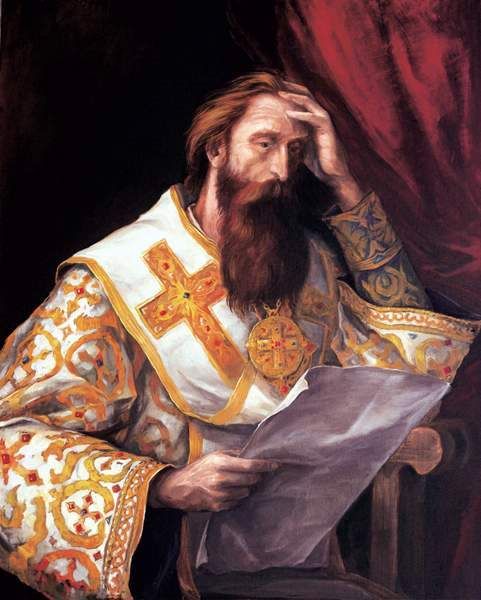
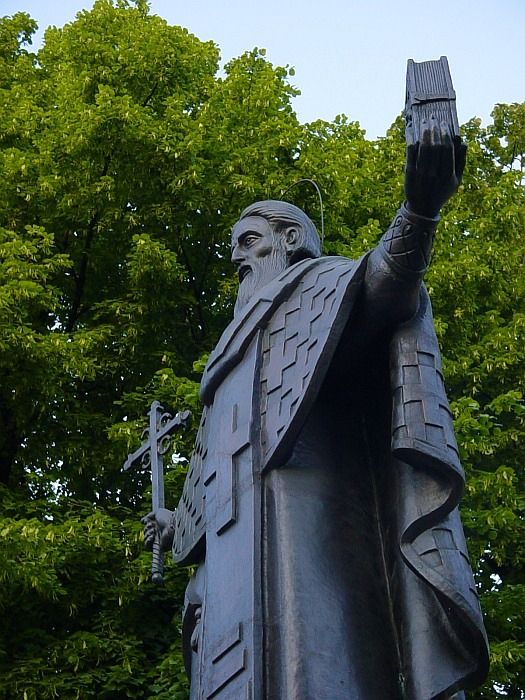
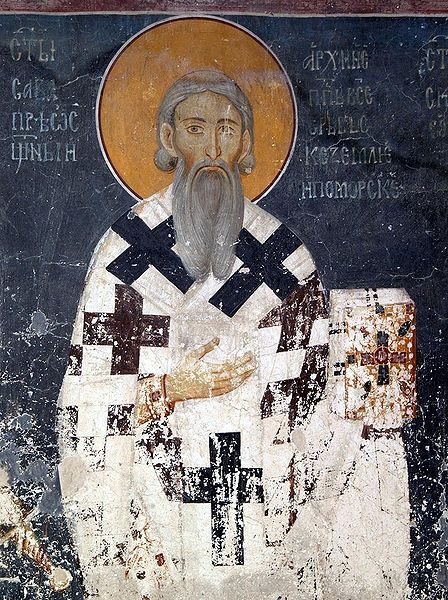
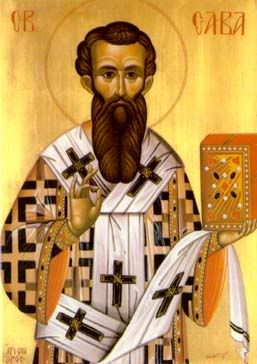
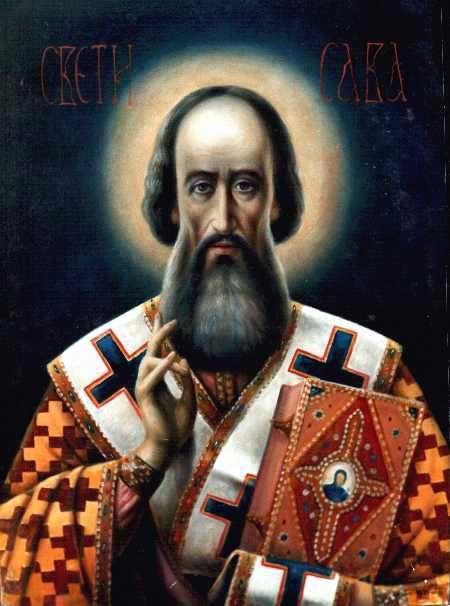
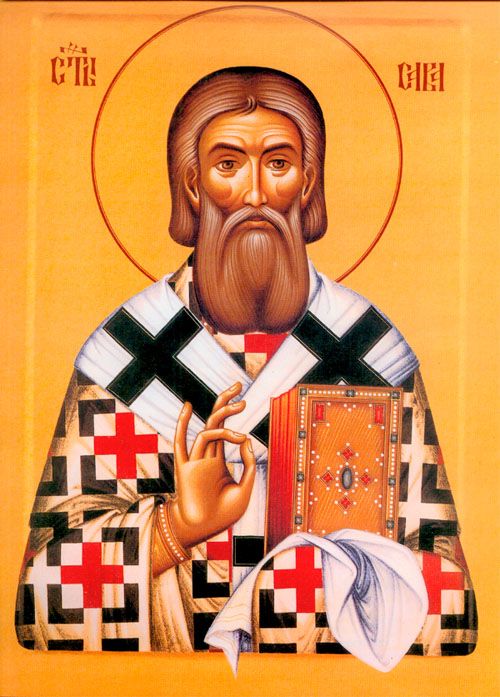
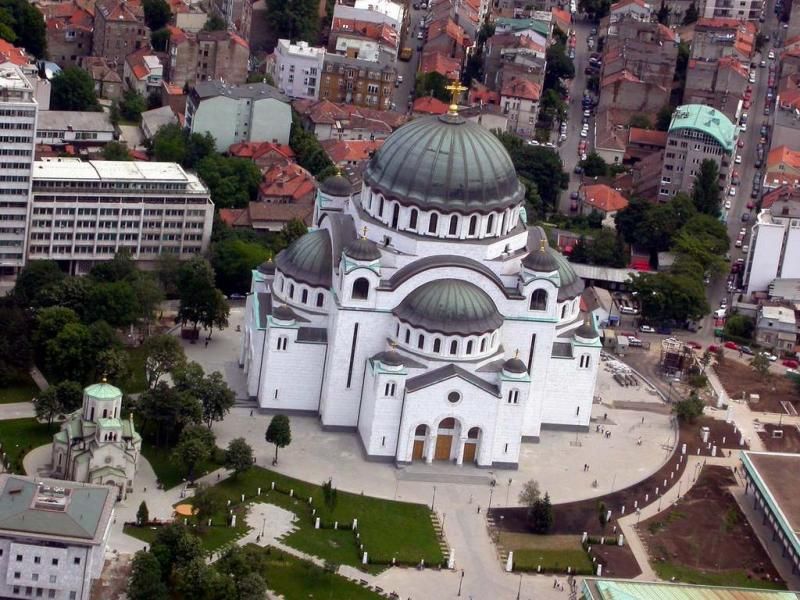
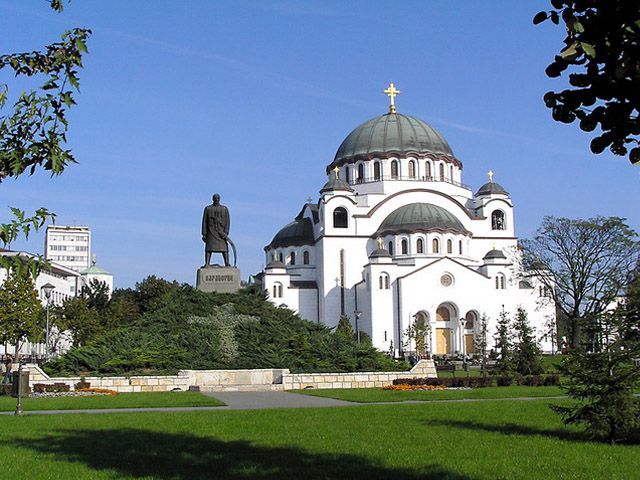
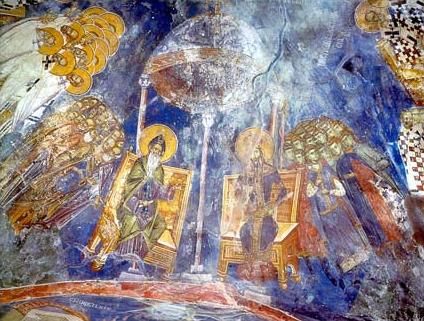

0 comments:
Post a Comment
Thanks for leaving a comment. If you wish to submit a prayer request, however, please do so above, using the "Contact" tab.